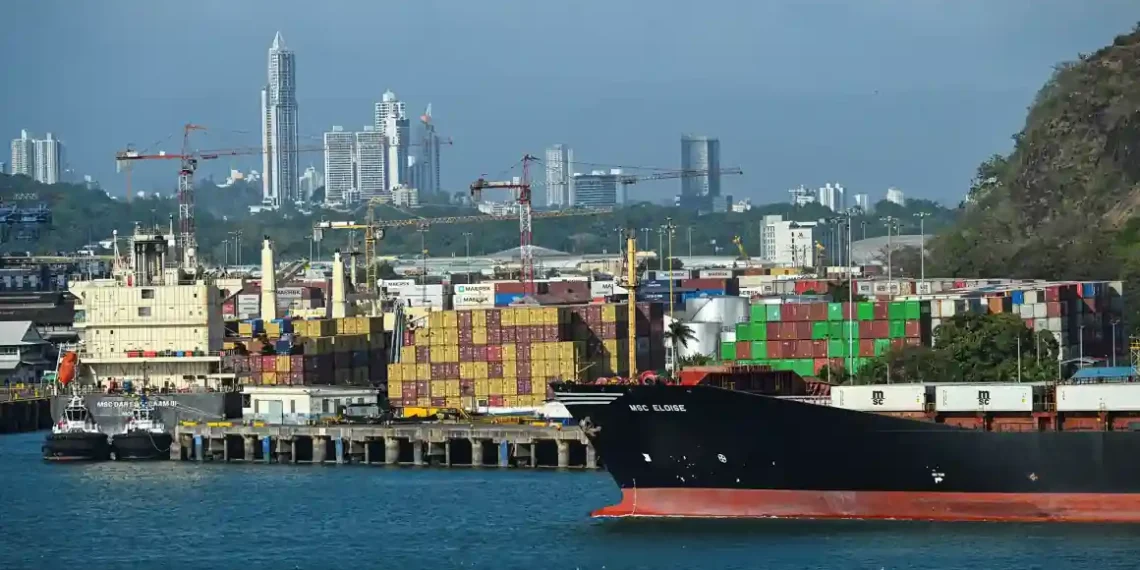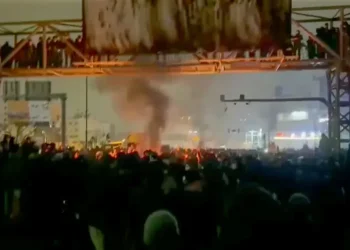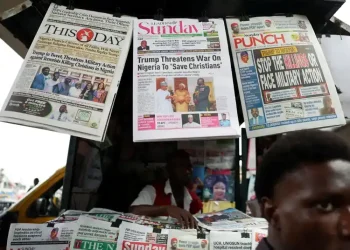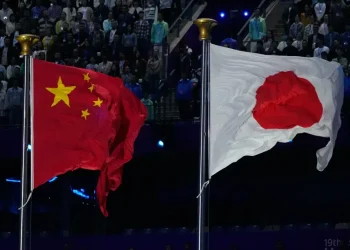China Halts Sale of Panama Canal Ports Amid Antitrust Investigation
Chinese regulators have put a sudden hold on a major deal involving two key ports in the Panama Canal zone, delaying what was expected to be a swift closing next week. The move comes as China’s State Administration for Market Regulation launches an antitrust investigation into the transaction, citing the need to protect fair competition and safeguard public interest.
The deal, spearheaded by US investment giant BlackRock, involves acquiring Hong Kong-based CK Hutchison’s controlling interest in 43 ports worldwide, spanning 199 berths across 23 countries. The acquisition was seen as a strategic move to ease tensions in the region, but China’s regulatory intervention has now cast uncertainty over its completion.
In response to the investigation, CK Hutchison has decided to postpone the official signing of the Panama ports agreement, according to a report from the South China Morning Post. Neither BlackRock nor CK Hutchison have issued immediate comments on the delay.
Former President Donald Trump has repeatedly and incorrectly claimed that China controls the Panama Canal—when in fact, Panama itself manages the waterway, while Chinese companies own ports on both ends. Trump has even suggested that the United States should retake control of the canal, adding another layer of geopolitical tension to the situation.
The timing of China’s regulatory move coincides with escalating economic tensions between Washington and Beijing. The Trump administration recently imposed a 20% tariff on all Chinese imports, prompting retaliatory pressure from China. Further tariff announcements are expected in the coming days, adding to the growing trade dispute.
The Panama Canal, a 51-mile passage connecting the Atlantic and Pacific Oceans, is an essential global trade artery. It handles roughly 4% of the world’s maritime trade and facilitates over 40% of US container traffic. Beyond commercial use, it also serves as a crucial route for military ships.
Originally built by the United States and completed in 1914, the canal was under US control for most of the 20th century. However, in a controversial treaty brokered by the Carter administration, control was transferred to Panama in 1999, despite opposition from many Republicans at the time. Today, the canal remains a cornerstone of Panama’s economy, generating nearly $5 billion in annual profits and contributing 23.6% of the country’s total income, according to a December 2024 study by IDB Invest.
Trump’s administration has been vocal about reducing Chinese influence in Panama. National Security Adviser Mike Waltz revealed last month that discussions were underway to address concerns over Chinese-controlled ports near the canal. Additionally, Trump has demanded that Panama waive fees for American vessels transiting the waterway, a request that has sparked controversy.
During a recent trip to Panama, Secretary of State Marco Rubio supported the idea, arguing that the US should not be required to pay fees to access a passage it would be responsible for defending in times of conflict. His remarks highlight the broader strategic importance of the canal and the ongoing geopolitical tug-of-war between global powers.
With China’s investigation now in motion, the future of the BlackRock-led deal remains uncertain. The delay underscores the growing complexity of US-China relations, where economic, strategic, and political interests continue to collide on the global stage. As tensions escalate, the fate of the Panama Canal’s ports will likely remain a focal point in broader discussions about trade, security, and geopolitical influence.
This article was rewritten by JournosNews.com based on verified reporting from trusted sources. The content has been independently reviewed, fact-checked, and edited for accuracy, neutrality, tone, and global readability in accordance with Google News and AdSense standards.
All opinions, quotes, or statements from contributors, experts, or sourced organizations do not necessarily reflect the views of JournosNews.com. JournosNews.com maintains full editorial independence from any external funders, sponsors, or organizations.
Stay informed with JournosNews.com — your trusted source for verified global reporting and in-depth analysis. Follow us on Google News, BlueSky, and X for real-time updates.














